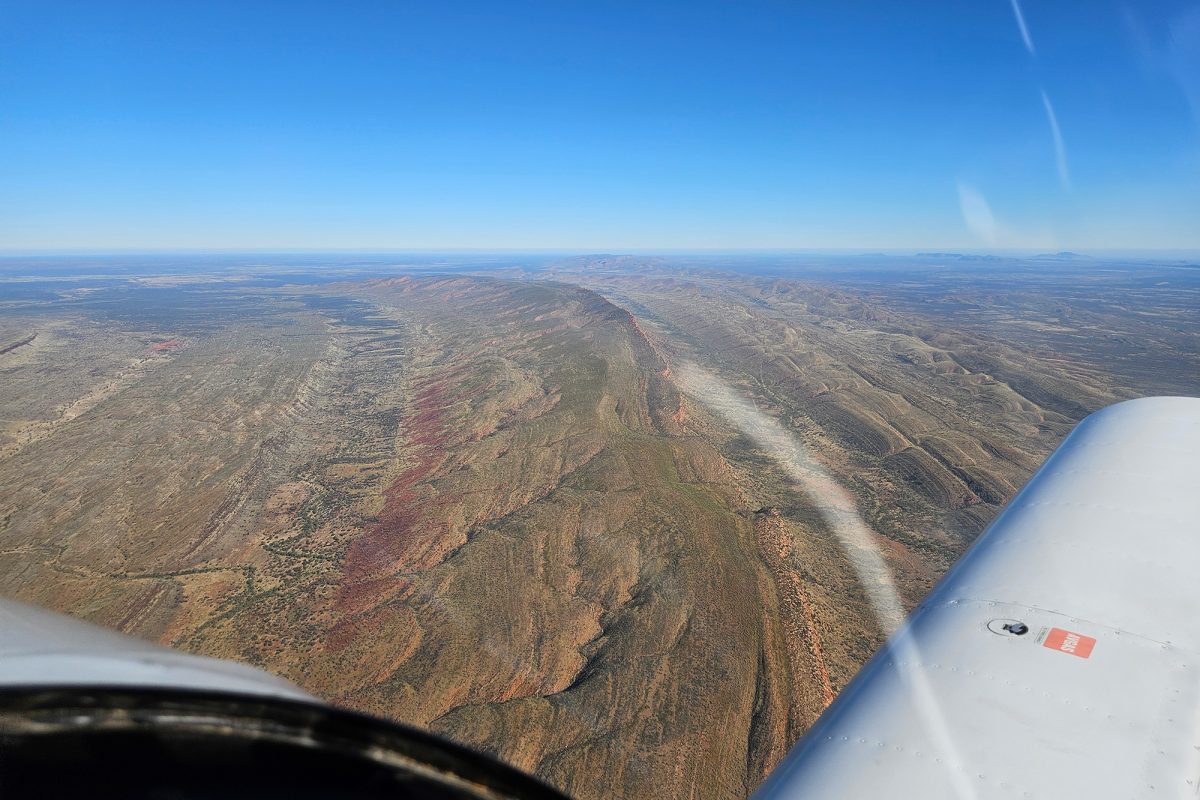When pilots first took to the air, we found out how to lose control long before we mastered the flying bit. 120 years of powered flight later, we haven’t yet
unravelled the art of avoiding loss of control accidents. RAAus has been taking a deep controlled dive to help pilots understand and develop the skills
to avoid the most common causes of serious and fatal accidents. In doing so, we are hoping to support the industry in creating safer and more aware
pilots through better training.
The 3-part, short format Loss of Control series is starting the conversation to shine a light on likely scenarios, common causes, and a call to action for all
pilots to extend their awareness and skills in their flying activities.
RAAus has been gathering accurate accident data since 2015 through our organisational Safety Management System and the stats are confirming what we already knew worldwide; Loss of Control is the number one killer in aviation and this trend continues in the sport and recreational sector. This applies to serious accidents as well with events in the take-off and landing phase framing these occurrence types. Clearly the human, social and commercial costs associated with these accidents reverberates through the industry, so what are the root causes and why do these events continue to figure so highly in our accident statistics? The Loss of Control series was the start of the conversation amongst industry and our pilot population to bring these events to front of mind and is the sequel to a range of training initiatives that RAAus is currently developing.
Getting pilots to sit up and listen is becoming increasingly difficult in the age of constant information and media. The current technical advisories and written articles can only grab the attention of a very limited number of those who should be listening, so the concept of ‘infotainment’ as a message delivery platform has been adopted. This brainchild was harnessed by producer Stephen Limkin from Light Studios, a visual production business specialising in high-quality documentary, short-format production. Stephen has been recognised nationally for his work in bringing to the screen both environmental and aviation-related material. He’s also an active RAAus Senior Instructor, passionate about training better pilots.
The problem in aviation would seem that while we continue to press home the same messages on accident prevention; either through repetition or indifference, the platitudes and key messages are being lost on the general pilot population. This series endeavours to capture the stories of real pilots and bring home the human reality that it can happen to anyone, regardless of experience or operation type.
While not designed as a training series, pilots will hopefully reflect on the stories and commentary and take a closer look at their current skills and behaviours, particularly the real human limitations when faced with a loss of control scenario, and be prompted to expand their understanding and skills which may never have been fully embedded in initial training, or have eroded since they first got their wings.
Upset recognition, prevention and recovery is now receiving a significant increase in attention worldwide, first with ICAO developing an industry standard in 2014 and mapping requirements through ICAO Document 10011 – Manual on Aeroplane Upset Prevention and Recovery Training. Now, with the aid of these recommendations, industry bodies, CASA and training organisations are adopting and integrating significant updates for both mandatory compliance at the airline level and drilling down further to commercial level competencies for pilots during their licence courses. While this is a great start and welcomed by the industry, there is overwhelming support for basic pilot training to equip pilots from Ab Initio training with much better awareness and skills in recognising and preventing aeroplane upsets.
RAAus is currently working with industry experts, training providers and the regulator to develop a platform for better initial training delivery in upset recognition and prevention. A key area of consideration is the integrity of UPRT instruction and practical training delivery, recognising there is a fundamental difference between aerobatic training and upset prevention. While some skills may be transferrable, the focus on human limitations and scenario-based upsets figures significantly in the approach to UPRT and recognising unusual attitudes.
The good news is that most of the critical skills can and should be taught within the existing syllabi, and RAAus is undertaking a full review and development of the current syllabus and specific endorsement competencies to address UPRT competencies without adding any complexity or additional time requirements for the basic pilot syllabus of training. This information is being shared with industry and already mirrors many of the updates being applied by major domestic training providers.
The journey to unravel the elements that underpin core competencies in loss of control prevention is not a simple one. From Robert Smith-Barry’s original training doctrine of 1917 to today, it clearly still has enormous value.







